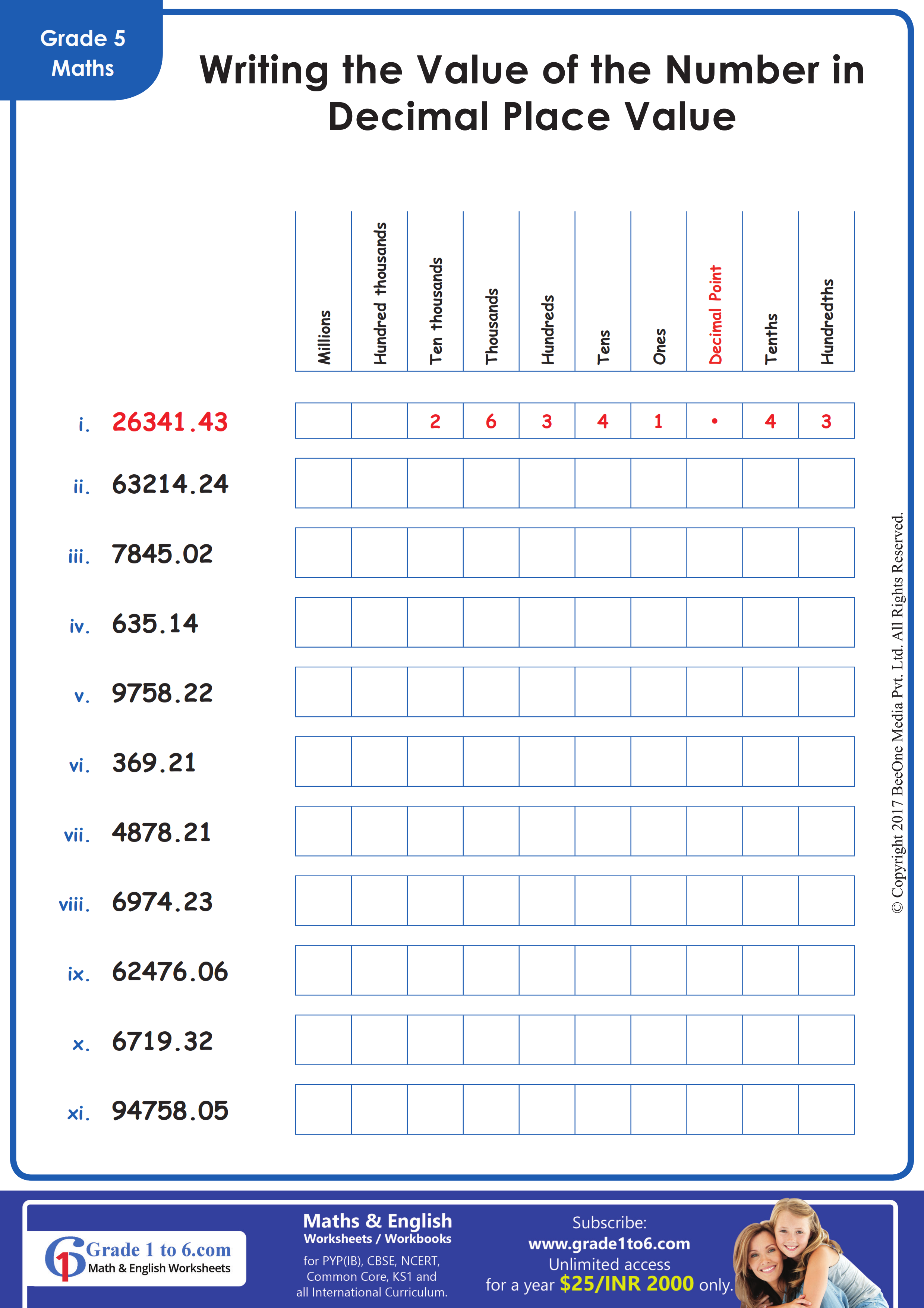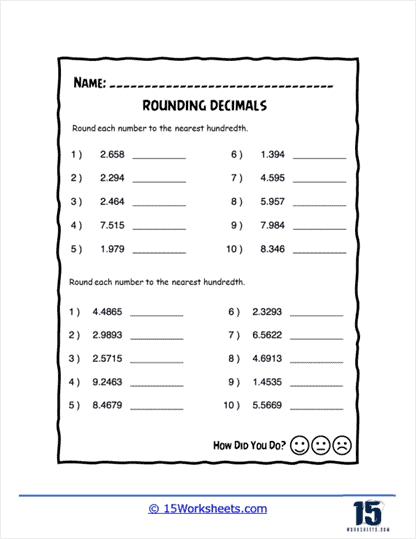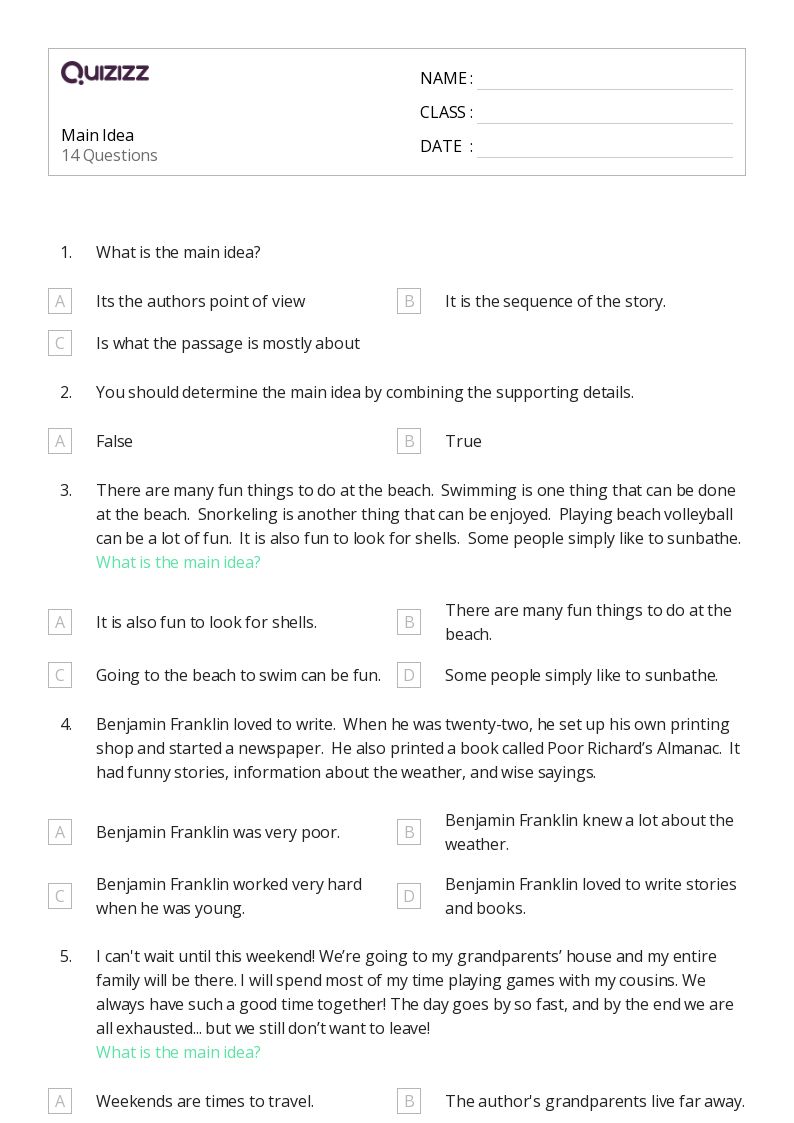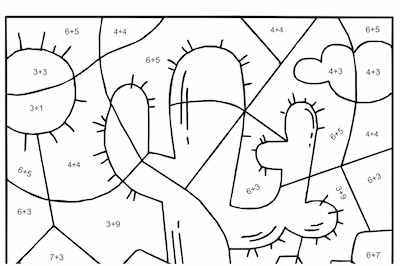10 Ways to Challenge Cognitive Distortions
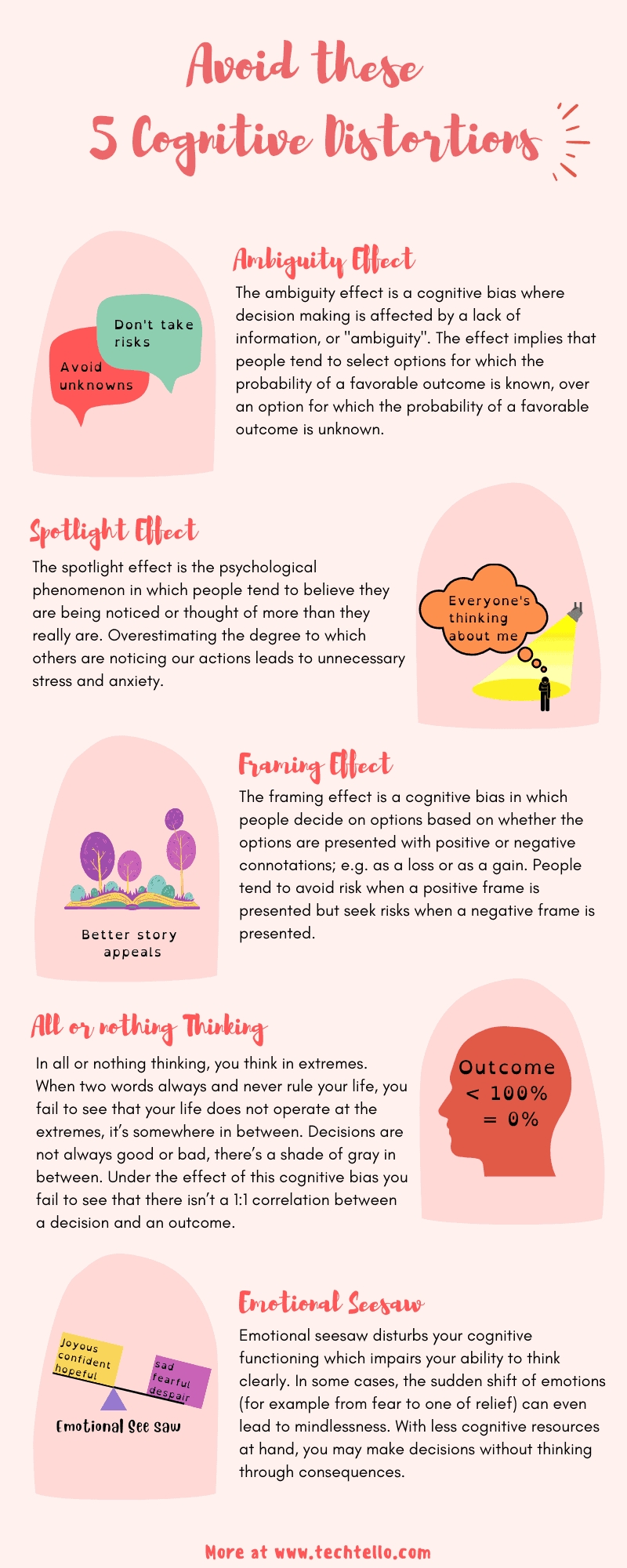
Understanding Cognitive Distortions
Cognitive distortions are negative and irrational thoughts that can affect an individual’s mental health and well-being. These distortions can lead to depression, anxiety, and other mental health issues if left unchallenged. It is essential to recognize and challenge these distortions to maintain a healthy mindset. In this article, we will discuss 10 ways to challenge cognitive distortions and promote a more balanced and realistic thinking pattern.
1. Identify Your Thoughts
The first step in challenging cognitive distortions is to become aware of your thoughts. Take notice of your inner dialogue, especially when you’re feeling stressed, anxious, or depressed. Write down your thoughts in a journal or talk to a friend or therapist about your feelings. This will help you identify patterns of negative thinking.
2. Label the Distortion
Once you’ve identified your thoughts, label the cognitive distortion. There are several types of distortions, including all-or-nothing thinking, overgeneralization, and catastrophizing. Recognizing the type of distortion will help you develop a plan to challenge it.
3. Examine the Evidence
Gather evidence for and against your negative thoughts. Ask yourself if there’s another way to look at the situation. Consider alternative explanations and evidence that contradicts your negative thoughts. This will help you develop a more balanced perspective.
4. Challenge Absolute Thinking
Cognitive distortions often involve absolute thinking, such as “I’ll never be able to do this” or “I’m a complete failure.” Challenge these absolute statements by adding nuance and complexity. Instead of “I’ll never be able to do this,” say “I’m struggling with this right now, but I can learn and improve.”
5. Practice Self-Compassion
Treat yourself with kindness and compassion, just as you would a close friend. Acknowledge that everyone makes mistakes and that it’s okay not to be perfect. Remind yourself that you’re doing the best you can, and that’s something to be proud of.
6. Focus on the Present
Cognitive distortions often involve dwelling on the past or worrying about the future. Bring your focus to the present moment. Mindfulness practices, such as meditation or deep breathing, can help you stay grounded in the present.
7. Develop a Growth Mindset
View challenges and setbacks as opportunities for growth and learning. Instead of seeing failures as reflections of your worth, see them as chances to learn and improve. This will help you develop a more optimistic and resilient mindset.
8. Use Humor
Laugh at your negative thoughts. When you catch yourself thinking a distorted thought, say it out loud in a funny voice or imagine a cartoon character saying it. This can help you develop a more playful and humorous attitude towards your thoughts.
9. Practice Gratitude
Focus on the good things in your life. Make a list of things you’re grateful for each day, no matter how small they may seem. This will help you develop a more positive and appreciative mindset.
10. Seek Social Support
Surround yourself with supportive people who encourage and support you. Talking to friends, family, or a therapist can help you develop a more balanced and realistic perspective.
💡 Note: Challenging cognitive distortions takes time and practice. Be patient with yourself and remember that it's a process. With time and effort, you can develop a more balanced and realistic thinking pattern.
In conclusion, challenging cognitive distortions is an essential part of maintaining good mental health. By identifying your thoughts, labeling distortions, examining evidence, and practicing self-compassion, you can develop a more balanced and realistic thinking pattern. Remember to focus on the present, develop a growth mindset, use humor, practice gratitude, and seek social support. With time and effort, you can overcome negative thoughts and live a happier, healthier life.
What is a cognitive distortion?
+A cognitive distortion is a negative and irrational thought pattern that can affect an individual’s mental health and well-being.
How can I identify cognitive distortions in myself?
+Pay attention to your inner dialogue, especially when you’re feeling stressed, anxious, or depressed. Write down your thoughts in a journal or talk to a friend or therapist about your feelings.
What is the difference between a cognitive distortion and a rational thought?
+A cognitive distortion is a negative and irrational thought pattern, while a rational thought is a balanced and realistic thought pattern. Rational thoughts are based on evidence and take into account multiple perspectives.
